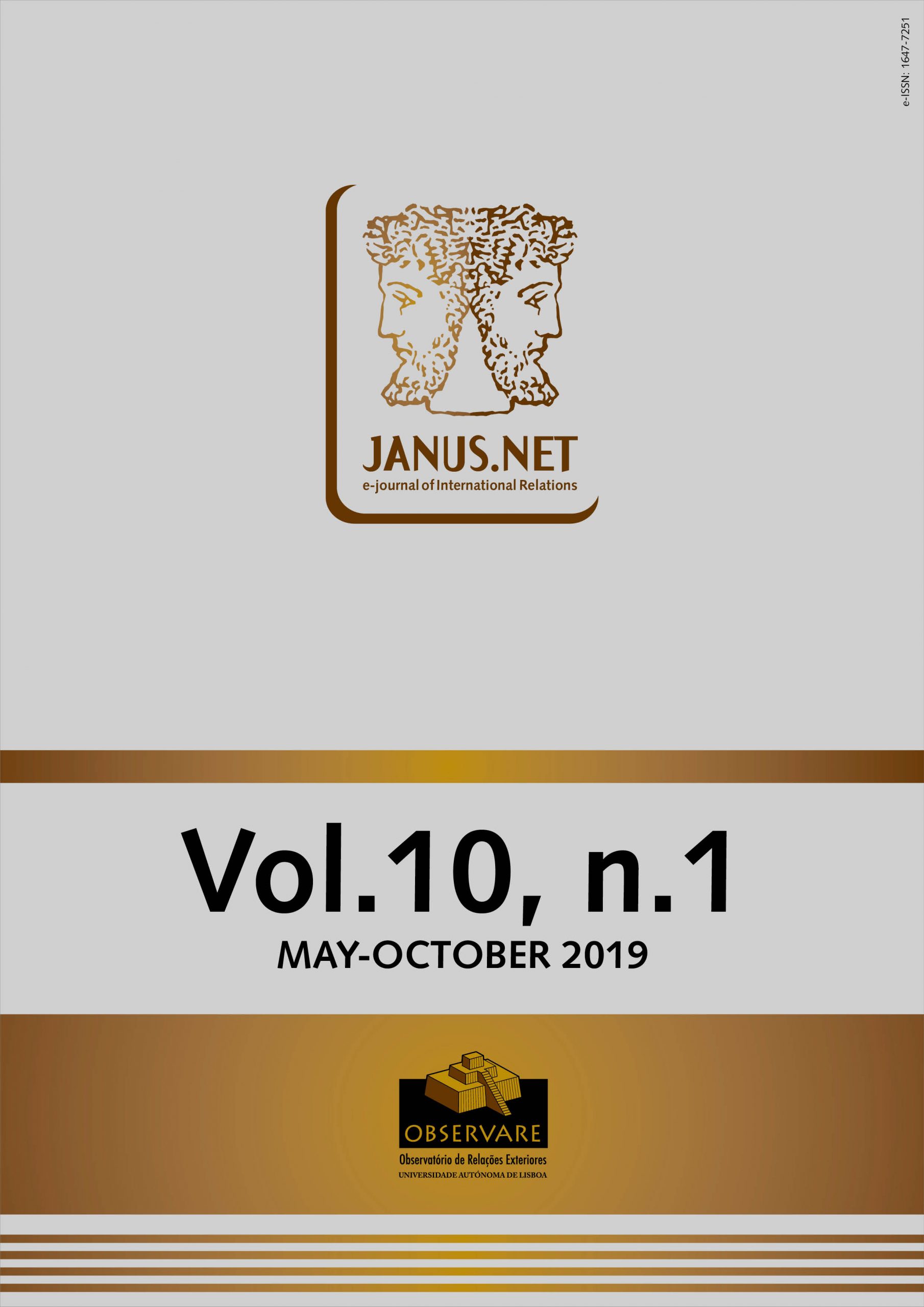International orders reflect the settled arrangements that define relations between states in certain moments in history. Order breaks down when the adopted set of organizational principles that define roles and the terms of those relations cease to operate. International organizations are a central feature of the current order and an important source of legitimacy. This article extracts a set of ideas derived from the new sociological institutionalism literature in organizational analysis and sets out an argument showing their possible implications for the present order. I argue that there are certain organizational features related to institutional isomorphism that may well support the persistence and maintenance of the current international order. The argument is based on the homogeneity of practices and arrangements found in different institutions and organizations. The persistence of those practices and their reproduction in structures are to some extent self-sustaining and may provide additional support to the idea that the current American-led international order may last longer than is often thought while allowing for changes in the distribution of power.
INSTITUTIONAL ISOMORPHISM AND THE PERSISTENCE OF THE PRESENT INTERNATIONAL ORDER
»
Assistant Professor at the Lusíada University (Portugal) and Visiting Scholar at the University of Cambridge (Wolfson College and, previously, at the Department of Politics and International Studies.
Resumo
As ordens internacionais refletem os entendimentos que definem as relações entre os estados em determinados momentos da história. A ordem falha quando o conjunto adotado de princípios organizacionais que definem os papéis e os termos dessas relações deixam de funcionar. As organizações internacionais são uma característica central da ordem atual e uma importante fonte de legitimidade. Este artigo apoia-se num conjunto de ideias derivadas da nova literatura do institucionalismo sociológico sobre análise organizacional e apresenta um argumento que mostra as suas possíveis implicações para a ordem atual. Defendo que existem certas características organizacionais relacionadas com o isomorfismo institucional que podem sustentar a continuidade e manutenção da presente ordem internacional. O argumento baseia-se na homogeneidade de práticas e enendimentos identificados em diferentes instituições e organizações. A continuidade dessas práticas e a sua reprodução em estruturas são, até certo ponto, auto-sustentáveis e podem fornecer apoio adicional à ideia de que a atual ordem internacional liderada pelos americanos pode durar mais do que se pensa, ao mesmo tempo que permite mudanças na distribuição de poder.
Palavras-chave
Como citar este artigo
Fernandes, Vítor Ramon (2019). “Institutional isomorphism and the persistence of the present international order”. JANUS.NET e-journal of International Relations, Vol. 10, N.º 1, May-October 2019. Consulted [online] on the date of the last visit, https://doi.org/10.26619/1647-7251.10.1.1
Article received on 27 May, 2018 and accepted for publication on 2 February, 2019















